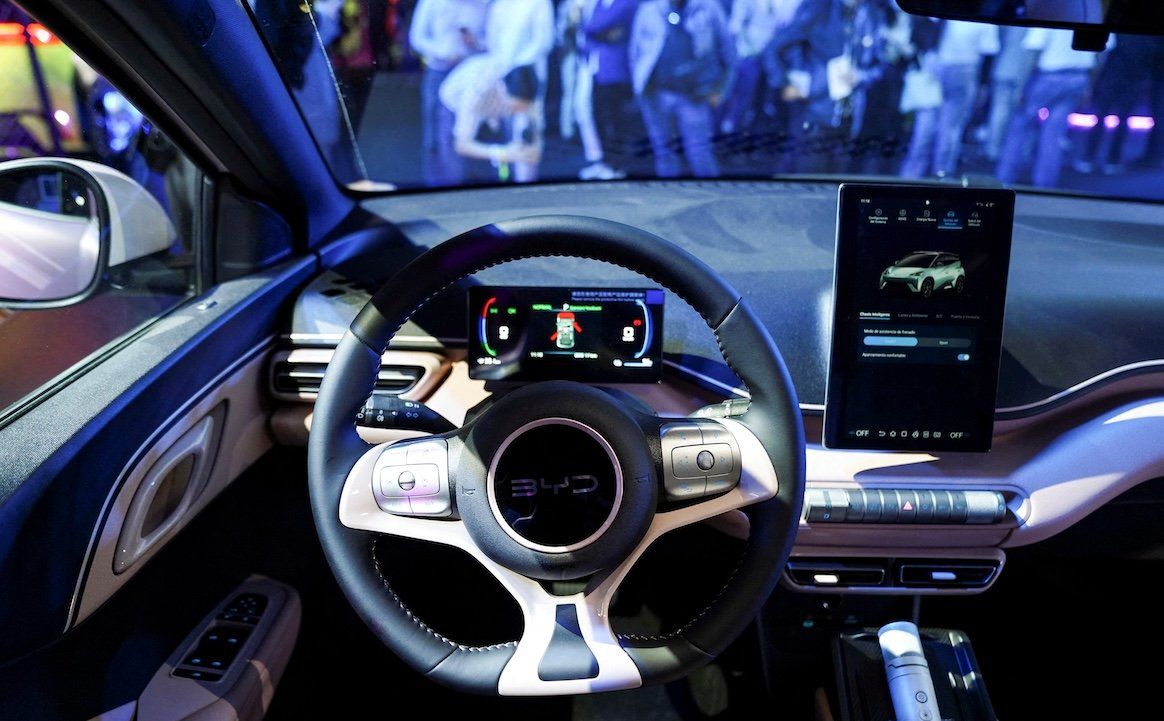The measure is framed as a national security move: Washington is worried that Chinese software in EVs could enable Beijing to suck up data on US drivers and critical infrastructure or to manipulate vehicles on the road.
But it’s also a trade move: Retrofitting Chinese vehicles with approved tech would be impractical, so the proposal would effectively ban Chinese-made EVs altogether. So far, there are very few on American roads, but US industry is worried about competition from Beijing, which has already made huge inroads in Europe, stoking trade tensions there.
Last month, Washington slapped a 100% tariff on Chinese-made EVs and components.
What happens now? A 30-day public review period will be followed by the Commerce Department writing up the final text, hoping to have it implemented by the White House before Biden leaves office.
The shortcut: The economic and technology competition between the US and China is increasingly blurring the lines between national security and commerce.